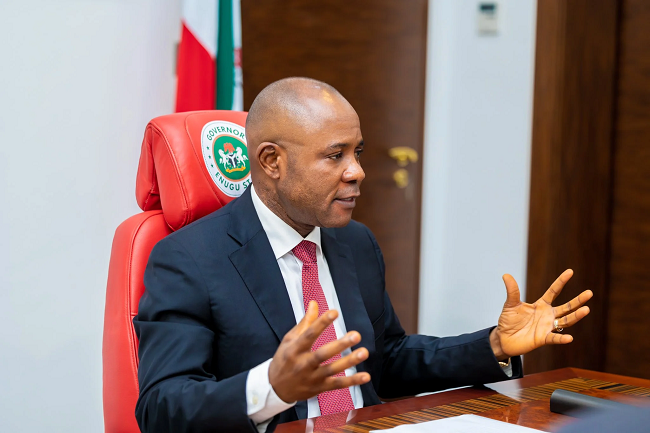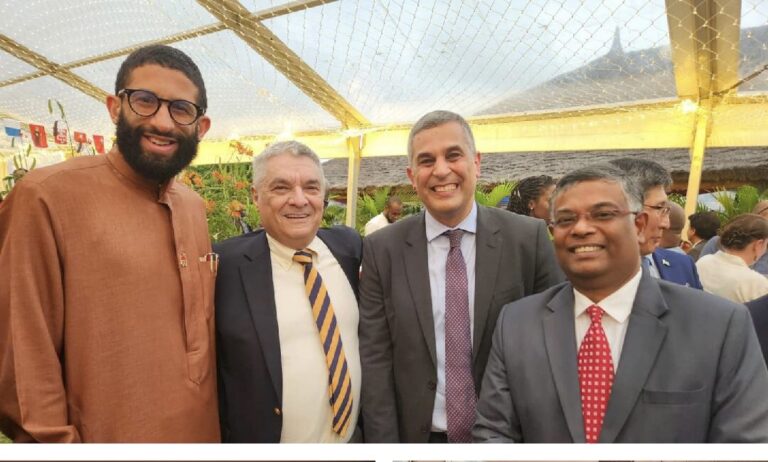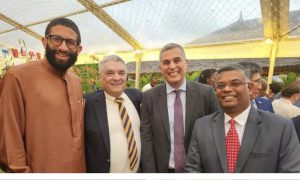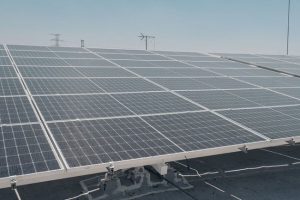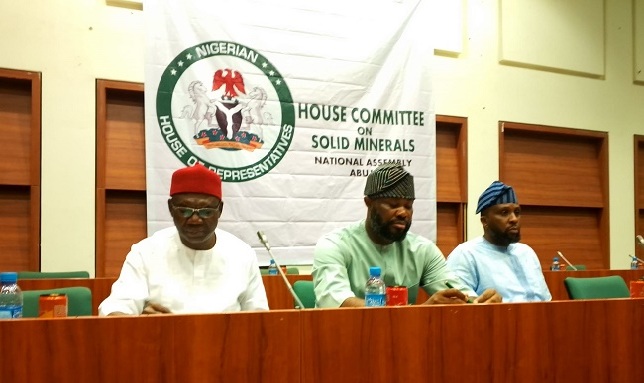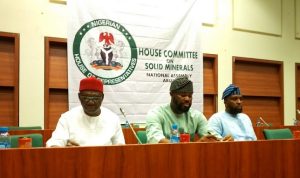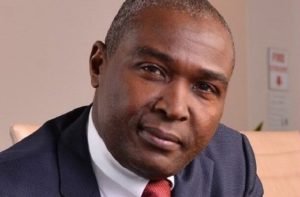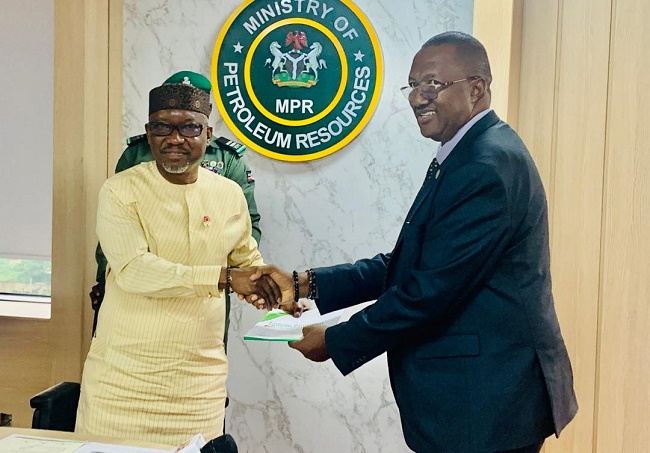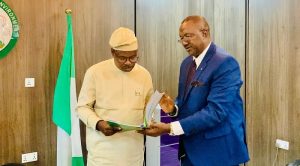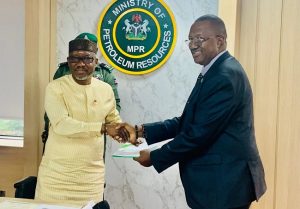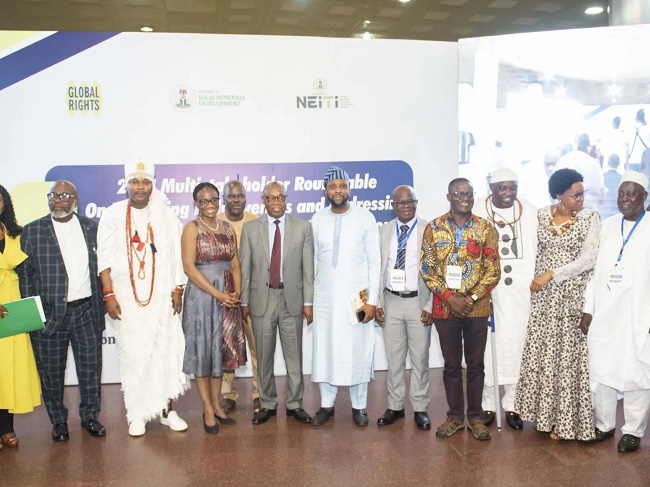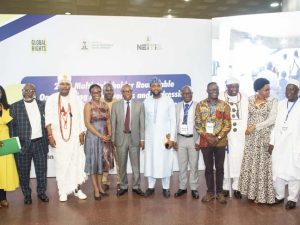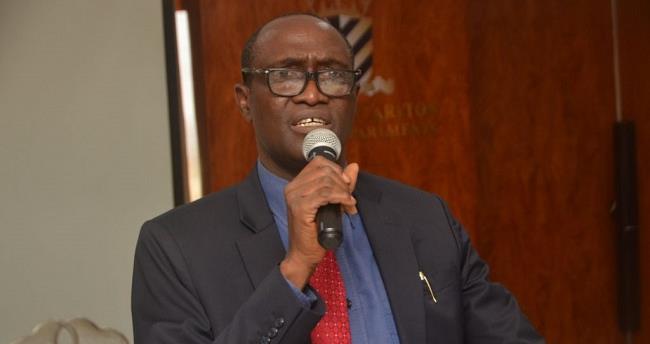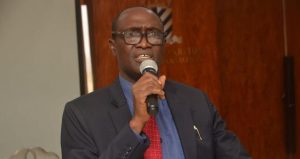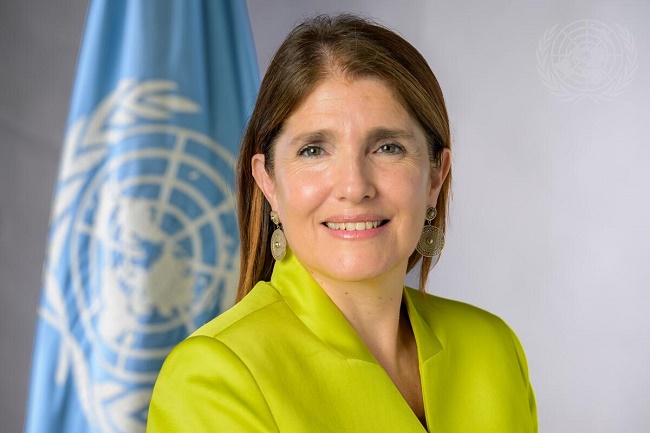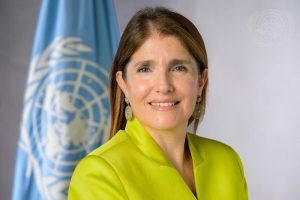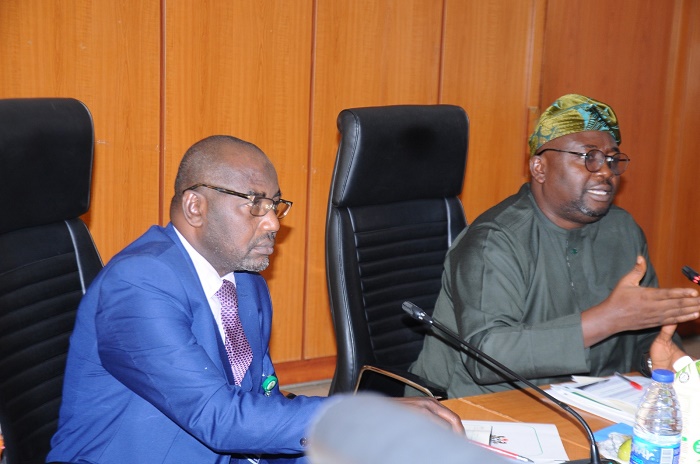The Enugu State Government and the Society for Planet and Prosperity (SPP) held an inception meeting and stakeholder engagement for the proposed Enugu State Climate Policy and Action Plan on Thursday, July 18, 2024 in Enugu, the state capital.
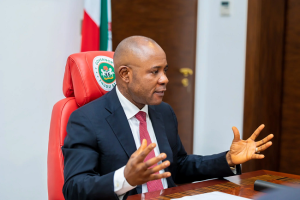
Supported by the African Climate Foundation, the inception meeting, which had a broad representative from top government functionaries, civil servants, businesses, civil society organisations, youth-based groups, women groups and those living with a disability, was aimed at aligning the climate strategies of Nigeria’s states at the national level with that of the state level.
In his welcome speech, the Commissioner for Environment, Prof. S. C. Ugwu, traced the effects of climate change on the state and communities to rainfalls, dry seasons, increased frequency, intense flooding in homes, as well as deep gully erosions that split roads and endanger lives and property.
He listed the role of the intervention which includes the development of a science-based climate policy through comprehensive data and scientific analysis which will form the bedrock to develop a strategic climate action plan, engage stakeholders and develop a climate finance strategy.
The governor, Dr Peter Mbah, represented by the Secretary of the State Government, Prof Chidiebere Onyia, delivered a keynote at the event entitled “The Vision of the Climate Resilience and Green Economy”. He noted that the state has built a solid team to help actualise a green economy and build the resilience of the state to climate change.
Apart from setting up the necessary structure that will drive climate action, policy, climate change resilience and green economy, he shared objectives based on local content and local structure. He also stated that it is based on the three-key pitch of sustainability, inclusivity and innovation.
Mbah added that substantiality is at the heart of climate policy in rural economy, clean energy, sustainable agriculture and circular economy, He informed the gathering that the 250 model schools being constructed by the government will be powered through the renewable energy source.
The state is equally working hard to capitalise on the Circular Economy, Climate resilient infrastructure plan and provide a sustainable economy, he added, underlining the need to balance projects that are green and sustainable in the long run. It was also revealed that the Enugu State Government is also working towards changing Enugu State from a coal city to a green city.
Also speaking, the chairman of the Society for Planet and Prosperity, who also serves as the Special adviser to the government on climate change and sustainable development, Prof Chukwumerjie Okereke, stated the importance and relevance of the state being the first in Nigeria to have a scientific-based climate policy and action plan that will help the state in transforming towards a green economy.
He underscored the importance of the policy as a major driver of climate change globally. He also stressed that women, children and people with disability are disproportionally affected by the action of climate change and stressed the need to tackle climate change through mitigation and adaptation measures. He highlighted the importance of just transition in the whole climate change process.
In his goodwill message, the Commission of Youths and Sports Development, Mr Lloyd Ekweremadu, stated that the youths are also affected by climate change and stated the importance of climate change in the lives of youths and those living with disability. He stressed the role of a green economy in creating jobs for the youth and having an environment that is sustainable and beneficial to the youth whose future needs are affected by climate change.
The meeting ended with a technical session where all the major issues relating to climate change in Enugu State were comprehensively discussed.
By Paul Ogwu, Society for Planet and Prosperity

